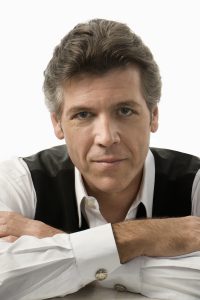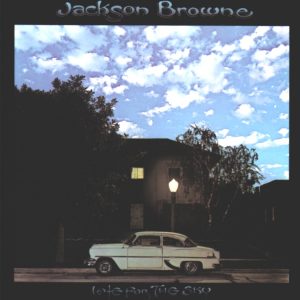I’m often asked how much I write in a day, and the answer is that there is no good answer. Usually, it’s only early in the process that the word count “counts.” The hours spent revising and editing–which often add up to far more than the hours spent drafting–contribute little to the total number of pages. How much can I rewrite in a day? How much can I edit in a day? I don’t know the answer to that either.
In an excellent session, when I have a full day to work, and when I know where everything is going and I just have to get it down, I can draft about 8-10 pages (2400-3000 words). The next time, I go back over it and spend quite a bit of time making it better before moving on to draft more. For a while, these “pages in progress” will become a starting point for my read-through before I get down to new writing, so they will continue to be tweaked and polished, by now mostly for the smoothness of the read. Then, as a new section of text becomes my focus, these pages will recede in importance, not to be worked on again for quite a while.
I have a full-time job as a professor of humanities at San Diego City College, so I don’t have many full days to devote to writing during the semester. Adding in early mornings and weekends, it probably adds up to a two-thirds job during the school year and a job and a half on breaks (I’m pretty compulsive about a work in progress). Let’s call it pretty close to a second full-time job over the course of the year. SInce it takes me about a year to get a first draft completed and revised well enough to give to my agent to market, let’s call that 50 roughly 40-hour weeks, or 2000 hours. Let’s say for sake of easy math that the manuscript is 130,000 words (typical for my books). That’s 650 polished words, a little over 2 pages a day.
I don’t sit down and come up with 2 polished pages of text and move on the next day to do 2 more, so I can’t say if 625 words a day sounds about right. But perhaps it will be instructive for novice writers to see how little a full, tough, exhausting day’s work adds up to. And, I might add, I work faster than most authors I know.
Writing at a publishable level is a long, long, process. I imagine if authors were asked for one single image of themselves at work, they would describe themselves mired somewhere in the middle, because that’s where we spend most of our time. Even prolific authors don’t start a book too many times in life, and most finish fewer than they start. It’s successfully dealing with the endless middle that matters most.



